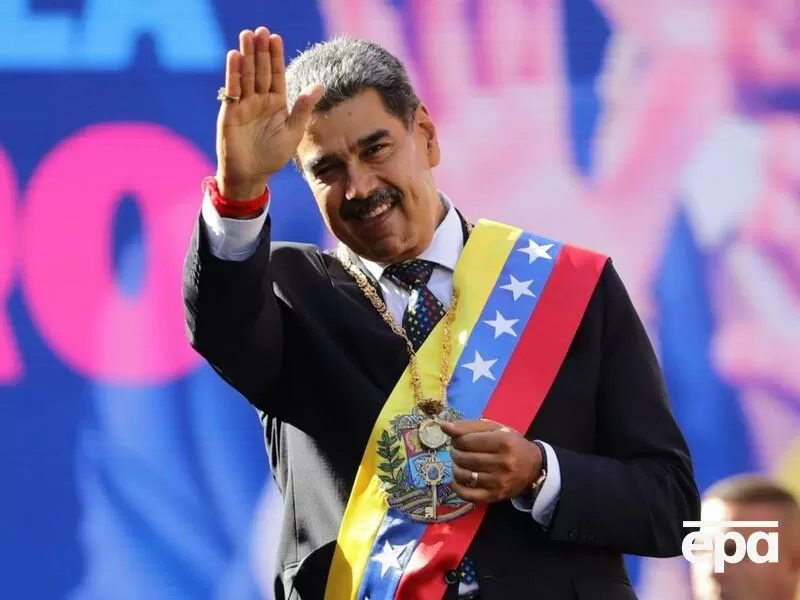On January 10th, the United States announced an expansion of sanctions against the Venezuelan government led by President Nicolas Maduro. The US Department of Treasury declared that these measures were taken in response to the ongoing political and economic crisis in Venezuela.
The new sanctions target high-level officials in Maduro’s government, including members of the National Constituent Assembly and the Supreme Court of Justice. These individuals are now subject to asset freezes and travel restrictions, as well as being banned from conducting business with US citizens and companies.
In addition, the US has also imposed sanctions on two companies owned or controlled by the Venezuelan government — CVG Compania General de Mineria de Venezuela and CVG Compania General de Mineria de Venezuela. These companies are involved in the mining and export of gold, which has become a major source of revenue for the Maduro regime.
The US government has justified these actions by citing human rights violations and the erosion of democratic institutions in Venezuela. They have also accused Maduro’s government of engaging in corrupt practices and undermining the country’s economy.
This is not the first time that the US has imposed sanctions on Venezuela. In fact, the US has been steadily increasing pressure on the Maduro regime since 2015, when former President Barack Obama issued an executive order declaring Venezuela a national security threat to the US. Since then, the US has imposed various sanctions on Venezuelan officials, including Maduro himself, and has also targeted the country’s oil industry, which is its main source of income.
The expanded sanctions have been met with mixed reactions. While the Venezuelan opposition and human rights groups have welcomed them as a necessary step towards addressing the crisis in the country, Maduro’s government has condemned them as a violation of international law and an interference in Venezuela’s internal affairs.
The impact of these sanctions on the Venezuelan people cannot be ignored. The country is already facing a severe economic and humanitarian crisis, with hyperinflation, shortages of basic goods, and widespread poverty. The sanctions are likely to worsen the situation by limiting the government’s ability to access much-needed funds and resources.
However, the US has emphasized that these sanctions are targeted at specific individuals and entities, and are not intended to harm the Venezuelan people. In fact, the US has also announced an increase in humanitarian aid to Venezuela, providing $20 million in assistance to help alleviate the suffering of the Venezuelan people.
The US government has also called on other countries to join them in imposing sanctions on Venezuela, in order to increase pressure on the Maduro regime and bring about a peaceful resolution to the crisis. Already, several countries in the region, including Canada, Brazil, and Colombia, have followed suit and announced their own sanctions against Venezuela.
It is clear that the US is taking a strong stance against the Maduro regime and its actions. The expanded sanctions send a strong message that the US will not stand by while human rights are violated and democratic values are undermined. The US has made it clear that it will continue to use all available tools to hold the Maduro regime accountable for its actions.
In conclusion, the US has once again increased pressure on the Venezuelan government by expanding sanctions against high-ranking officials and companies. While these actions have been met with mixed reactions, the US has emphasized that they are targeted at specific individuals and are not intended to harm the Venezuelan people. It is clear that the US is committed to promoting democracy and human rights in Venezuela, and will continue to work towards a peaceful resolution to the ongoing crisis.

